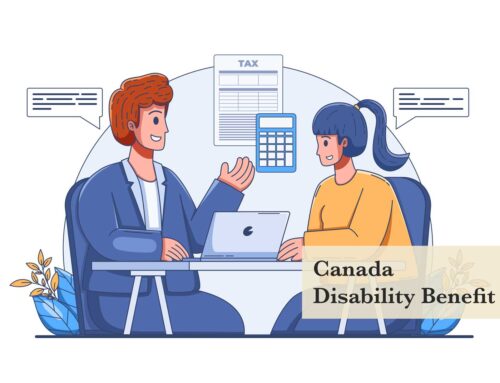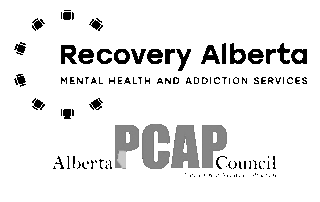
Social skills play a crucial role in our everyday interactions and relationships, contributing to our overall well-being. However, youth with Fetal Alcohol Spectrum Disorder (FASD) often face unique challenges in developing and navigating social situations. FASD is a lifelong disability resulting from prenatal alcohol exposure, leading to cognitive and behavioral impairments. As caregivers, it is important to understand these social skills challenges and implement effective strategies to support healthy social skills development. In this blog post, we will explore the social difficulties experienced by youth with FASD and provide practical strategies for caregivers to foster their social skills.
Understanding Social Skills Challenges in Youth with FASD:
- Impaired Social Perception: Youth with FASD may struggle to accurately interpret social cues and nonverbal communication, such as facial expressions, tone of voice, or body language. This can lead to misinterpretations, difficulty understanding social contexts, and challenges in building meaningful connections.
- Poor Impulse Control: Impulsivity is a common trait among individuals with FASD. This can manifest as difficulties in managing emotions, inhibiting inappropriate behaviors, and adhering to social norms. It can make it challenging for youth with FASD to regulate their actions and responses in social situations.
- Difficulty with Social Problem-Solving: Youth with FASD may encounter difficulties in problem-solving and conflict resolution, as they often struggle with cognitive flexibility and abstract reasoning. This can lead to challenges in resolving social conflicts and adapting to changes in social dynamics.
Strategies for Caregivers:
- Provide Explicit Social Skills Instruction: Teach social skills explicitly, breaking them down into concrete steps. Use visual aids, role-playing, or social stories to illustrate appropriate social behaviors, greetings, and conversation starters. Practice these skills in various settings to promote generalization.
- Model and Reinforce Positive Social Behaviors: Serve as a role model by demonstrating appropriate social skills and behaviors. Use praise, positive reinforcement, and specific feedback to acknowledge and encourage desired social behaviors, such as taking turns, active listening, and using polite language.
- Create Structured Social Opportunities: Facilitate structured social activities and opportunities for youth with FASD to practice their social skills. This can include organized group activities, social clubs, or supervised playdates. Provide clear guidelines and support during these interactions to foster success and boost confidence.
- Foster Social Problem-Solving: Help youth with FASD develop problem-solving skills by guiding them through social scenarios and brainstorming solutions together. Encourage flexible thinking, perspective-taking, and understanding others’ emotions. Reinforce the importance of compromise, empathy, and finding win-win solutions.
- Utilize Visual Supports: Visual supports, such as social scripts, cue cards, or visual schedules, can assist youth with FASD in understanding and navigating social situations. These tools provide concrete reminders of appropriate social behaviors and can serve as a reference during challenging moments.
- Foster Sensory-Friendly Social Environments: Recognize and accommodate sensory sensitivities that may impact social interactions for youth with FASD. Provide quiet spaces or offer sensory breaks when needed. Foster understanding among peers and educate others about sensory sensitivities and the importance of creating inclusive social environments.
- Seek Professional Support: Consult with professionals who specialize in working with individuals with FASD, such as occupational therapists, speech therapists, or social workers. They can provide additional strategies and interventions tailored to the specific social needs of youth with FASD.
Social skills development is a significant aspect of the overall well-being of youth with FASD. By understanding the unique challenges they face and implementing strategies such as explicit instruction, positive reinforcement, structured social opportunities, and sensory-friendly environments, caregivers can support the healthy development of social skills in youth with FASD.
Supporting youth with FASD in developing healthy social skills is a journey that requires a collective effort. We invite caregivers to share their own strategies and experiences in the comments below.
Article from Edmonton and area Fetal Alcohol Network Society











